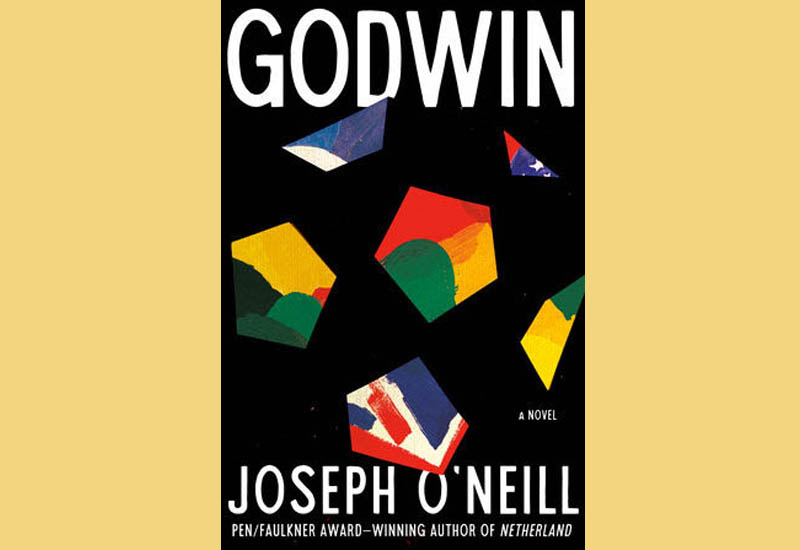Given the splash Joseph O’Neill made with Netherland and the 10 years that have elapsed since his last novel, there is a tendency in the critical media to want to turn Godwin into a hard-hitting exploration of modern colonialism as enacted through the western exploitation of footballing talent from developing countries. But it’s not. For this reader, Godwin uses the idea of a far-fetched search for an African footballing wunderkind to put together a book that is part comic picaresque, part family drama, part workplace drama. It’s a lot of parts, and I wish there were fewer.
Mark Wolfe is a disillusioned technical writer with serious mommy issues whose dreams of intellectual stardom have faded; he now writes grant proposals for big Pharma. He is also a very irritating narrator, whose voice has the stilted elaborateness of a Barthelme character, only without having been written 60 years ago or possessing the surreal brilliance that can make a voice like this work. When he gets a call from his semi-estranged half-brother, Geoff (a failed footballer and failing football agent), to request assistance in the hunt for a talent by the name of Godwin whose whereabouts are limited only to the continent of Africa, Wolfe says yes. Thus begins the comic picaresque element of the novel, which is also by far the best and most interesting part. We are taken to London, Paris and Le Mans via Walsall – where Wolfe encounters ‘menacing drunken white natives [gathered] on a sidewalk or traffic island seemingly in order to yell and gesture and spill over into the road’. It’s a Friday night and the pubs have closed.
Wolfe’s hunt for Godwin fails rather quickly, when he is double-crossed by the novel’s saving grace: the ageing man of football, Jean-Luc Lefebvre. Lefebvre, thankfully, takes on the search himself, and then spends about 50 pages relating it to Wolfe, which allows us to enjoy Lefebvre’s spectacular and semi-deranged musings on football, Africa, and life, with only marginal input by Wolfe. Lefebvre’s tale also fills us in on Wolfe’s mother, Faye, a marvellously unscrupulous woman who manipulates the world, and Godwin, to her will. Her scheming magnificence – and Lefebvre’s telling of it – means that despite Wolfe being the ostensible victim of the novel’s family drama, Faye’s the one we end up rooting for.
And the workplace drama? O’Neill makes the baffling decision to interleave the Wolfe/Godwin sections with chapters narrated by Wolfe’s superior at the technical writer’s co-op that provides him with work. I really don’t know why. All it provides is another inhuman narrative voice, and a bizarrely rushed attempt to tie the whole thing together in the final chapter.
We end with a piece of brutally bleak dramatic irony and a regretful longing for more Lefebvre, more Faye, and less of everything else.







Click here to change your cookie preferences